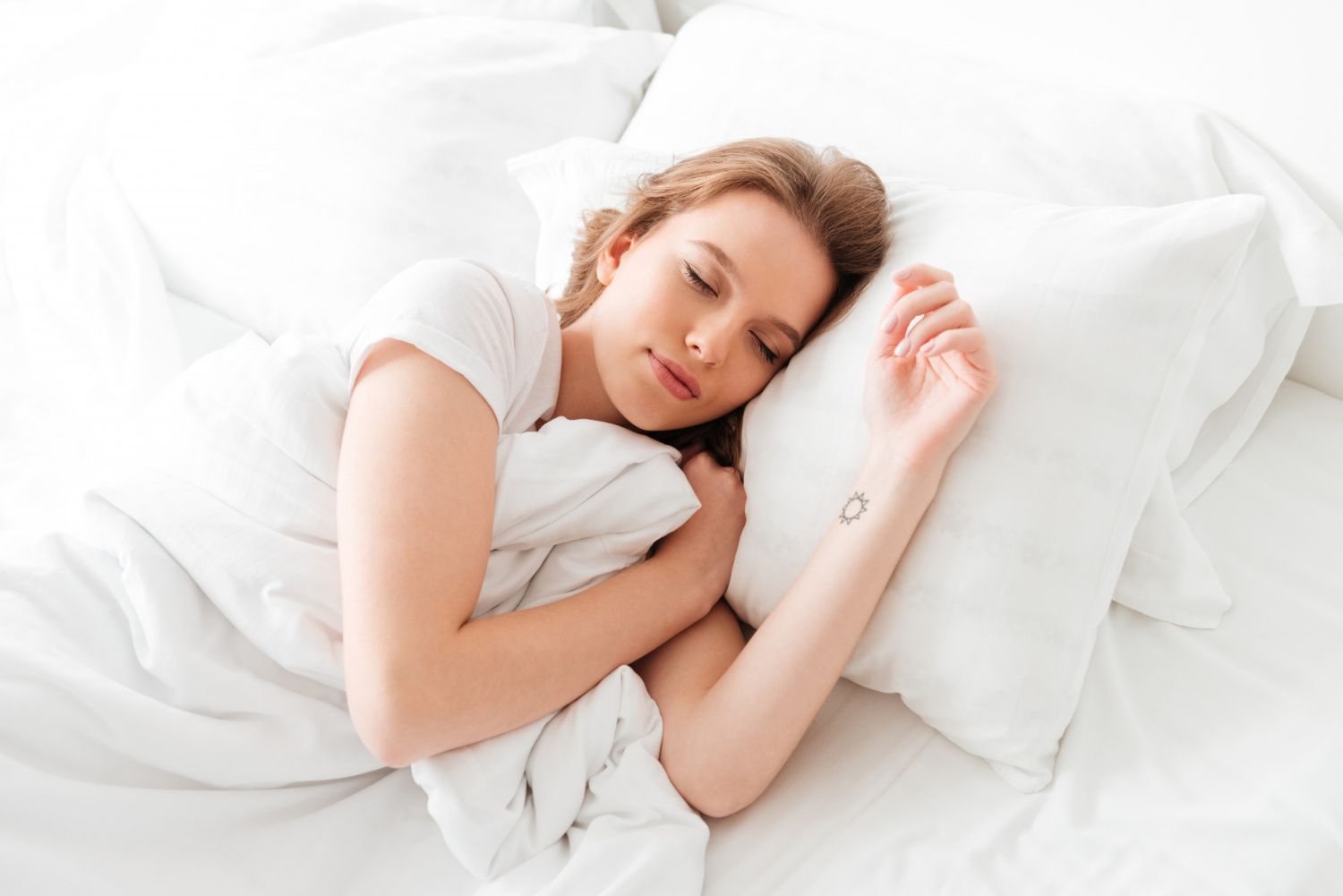How Teeth Grinding Affects Your Sleep Quality

Teeth grinding, also known as bruxism, is a common issue that many people might not even realize they have. This often-unnoticed habit can significantly impact your sleep quality, leaving you tired and worn out during the day. Imagine going to bed at a reasonable hour, only to wake up feeling like you've been chewing on rocks all night. Teeth grinding doesn't just happen; it's the body's way of responding to stress, misalignment issues, or other underlying concerns. Understanding its effects on sleep is crucial since disrupted sleep patterns can interfere with daily activities and overall well-being.
For many, teeth grinding takes place unconsciously during sleep, creating a series of disturbances that can lead to restless nights. These disturbances manifest as small pauses in breathing, jaw discomfort, and micro-awakenings that disrupt the rest cycle. If you've ever wondered why you wake up with a sore jaw or unexplained headaches, teeth grinding might be the culprit. Gaining insight into how it hampers sleep can help you take the necessary steps to improve both rest and health.
The Impact of Teeth Grinding on Sleep
Bruxism, or teeth grinding, involves the clenching and grinding of teeth, usually during sleep. It's a common yet often undetected behavior that can lead to significant sleep disruptions. If you've ever heard a child or partner grinding their teeth in their sleep, you know how uncomfortable it sounds. This grinding is more than just an odd noise; it has tangible effects on sleep.
Here’s how teeth grinding can affect your night's rest:
- Disturbed Sleep Patterns: Grinding can cause fragmented sleep, leading to multiple wakings during the night. These interruptions prevent you from reaching deep sleep stages, essential for restorative rest.
- Morning Discomfort: Waking up with a sore jaw or headaches is common among those who grind their teeth. This discomfort might not only affect your morning routine but can also persist throughout the day, impairing concentration and mood.
- Ear and Facial Pain: Bruxism can lead to tension spread across the facial muscles, sometimes causing earaches or even migraines. When facial muscles are tight, relaxation becomes tough, hindering proper rest.
Recognizing these impacts and acknowledging them as signs of teeth grinding can lead to better management. By understanding the role bruxism plays in sleep quality, you can start addressing the issue and working towards nights filled with restful sleep.
Causes of Teeth Grinding
Understanding the triggers for teeth grinding can be the first step in finding effective solutions. Many people grind their teeth due to stress or anxiety, which tends to manifest physically while they're asleep. The unrest of the mind finds its way into physical tension, which is expressed as teeth clenching and grinding. Imagine the relief that comes from tackling the sources of this stress, bringing peace not just to your thoughts, but also to your night's rest.
In other scenarios, teeth misalignment plays a significant role. When teeth don't line up perfectly, they may feel uncomfortable during rest, causing the jaw to shift in an attempt to find a resting position. This constant shifting can lead to grinding. Interestingly, sleep apnea is another player in this dynamic relationship. It often occurs hand-in-hand with bruxism, acting as both a cause and result. The interrupted breathing during sleep apnea episodes might lead to clenching as the body responds to airway blockage, conversely causing more grinding.
Long-Term Effects on Health
Ignoring the symptoms can lead to more than just restless nights. Over time, the constant grinding can cause chronic fatigue, making even the simplest daily tasks feel insurmountable. Imagine dragging yourself through the day, fighting off exhaustion that never seems to lift. This is the reality for those who endure untreated bruxism for extended periods.
Moreover, prolonged grinding poses a threat to dental health, leading to worn-down enamel, increased tooth sensitivity, and even tooth breakage. This can mean frequent visits to the dentist to address issues that stem from this persistent habit. The discomfort spreads beyond the mouth, with many experiencing tension headaches and jaw pain that hinder daily activities. When quality sleep is compromised, it affects mood, cognitive function, and overall health, creating a cycle that's hard to break.
Treatment Options
Addressing teeth grinding requires a blend of approaches. First up are dental appliances. These customized mouthguards or splints offer a buffer between teeth, minimizing damage and soothing the jaw. They are a common recommendation by doctors who aim to protect teeth from grinding.
In addition to dental appliances, lifestyle adjustments can make a big impact. Stress management techniques, such as meditation or regular exercise, can ease the tension that often leads to grinding. It's also beneficial to monitor food and drink intake, especially steering clear of caffeine and alcohol before bed. Both can stimulate activity in the muscles of the jaw, increasing the likelihood of grinding during sleep.
Seeking guidance from a team of doctors can help craft a personalized plan to tackle teeth grinding, focusing on both protective measures and lifestyle changes. Combining these strategies leads to better sleep and improved health, breaking the harmful cycle of bruxism.
Sleep Peacefully Again
Taking control of teeth grinding promises not just restful nights, but also bright, energized days. Recognizing the signs and understanding the causes grant the power to make informed decisions. From stress relief to dental guards, each method offers a piece of the solution. As sleep quality improves, the benefits echo throughout daily life, enhancing both health and happiness. Help is there when you're ready to embrace these changes and safeguard your well-being.
Sleep apnea and teeth grinding are closely linked, affecting not just how you sleep but also your overall health and daily activities. If you're dealing with these challenges and want to find effective solutions, the team at Pittsburgh Dental Sleep Medicine is ready to help. Explore how they can assist with sleep apnea to get you on the path to restful nights and refreshed days.

